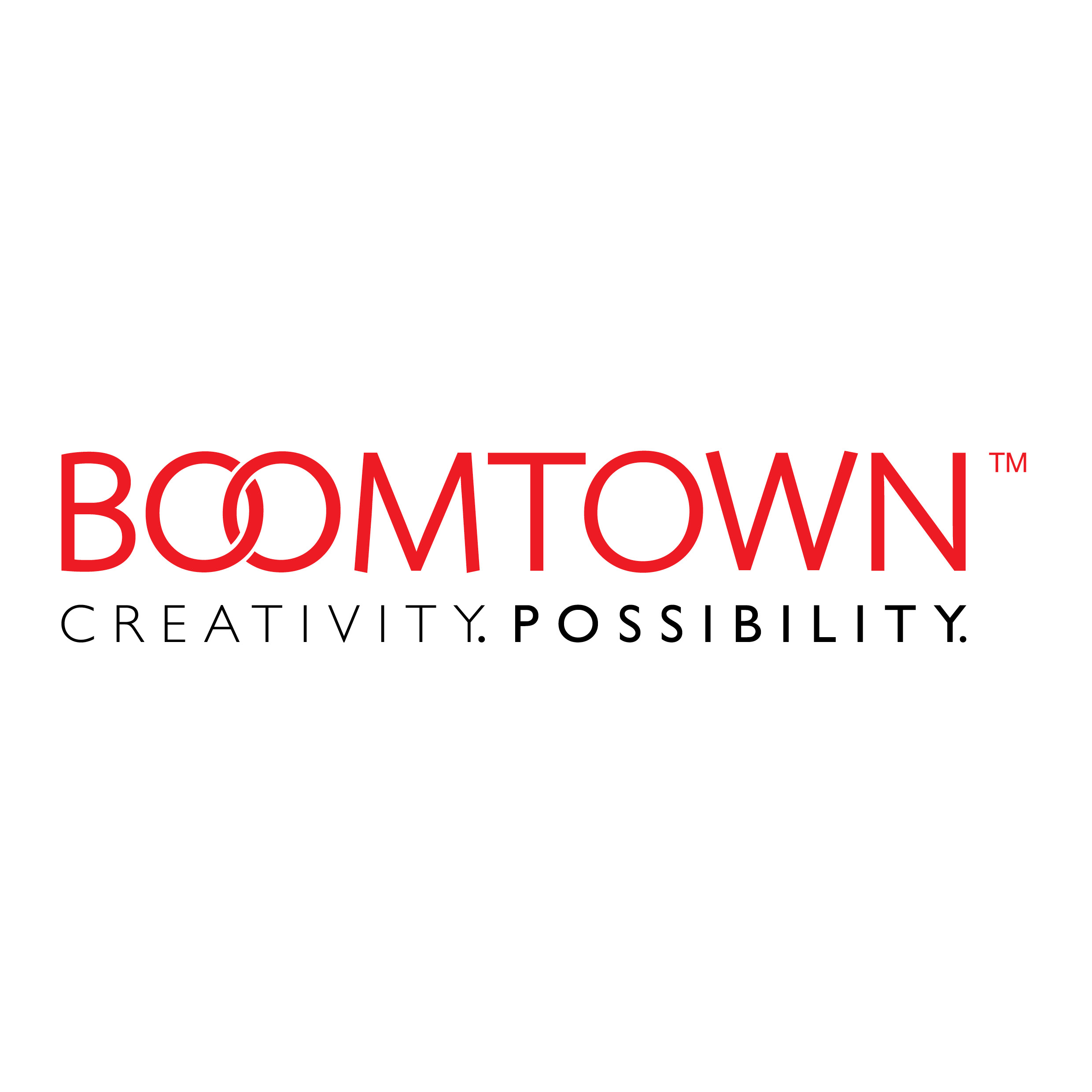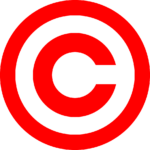
Bill Gates famously said, “Content is King”, and in no situation is this more relevant than when it comes to SEO.
Truth be, if you are working in any sort of online industry, whether it be content development or advertising you will most likely have come across the cryptic and rather enigmatic term ‘SEO’.
I myself, don’t know how many times I have mentioned the word, only to receive a rather embarrassed blank stare, followed by the question, “What exactly is SEO?”
So, here it goes, a brief yet succinct explanation, of what it actually is.
First things first, Search Engine Optimisation (SEO) is the method for getting your website ranking high enough to be noticed in web searches. Search Engine Optimisation allows your site to not only be seen by search engines (usually Google) but also allows your website or articles to rank high for a particular keyword or key phrase when entered in a search.
Why Google?
Let’s have a look at the stats. According to Statista, ever since the introduction of Google Search in 1997, the worldwide market share of all search engines has been lopsided. Google has dominated the search engine market, maintaining an 88.47 percent market share to date. In April 2019, online search engine Bing accounts for 4.81 percent of the global search market, Yahoo accounts for 3.13, while Chinese search engine Baidu has a market share of 0.66 percent.
Google processes over 40,000 global search queries every second, 3.5 billion searches per day and 1.2 trillion searches per year worldwide.
This means that Google far outranks other search engines making it the platform to be found on. The quest for businesses to be higher up the Google rankings has led to an increase in Search Engine Optimisation tools and software.
How to approach SEO
Relentless Google algorithm updates mean that the rules for Search Engine Optimisation change rapidly, sometimes as often as every eight months. Tactics such as keyword stuffing no longer work.
Google has caught up with advert happy, nonsense touting, fake sites that exist purely to advertise and have found a way to reward genuine businesses and real people for their professional and informative content.
Remember Google just wants to provide their users with the best possible answers to their questions. So they have taken a no-nonsense approach of, simply put, rewarding good genuine content.
Hence, for Google, good content really is King.
Google has become streetwise and decides which websites are most useful by using a complex algorithm that takes into account 200+ factors. That is why it can take anything from four to ten months for your website and pages to finally start ranking.
According to the Director of strategy at Media Co, Ian Duncan, “Previously, SEO was about building links and about putting pages up with keywords so you can rank. Now it is about content that is engaging, great site design, and pages that load fast.”
Digital marketing strategy
It is also important to note that SEO, social media and content development all play a pivotal role in digital marketing strategy. In fact, for the most effective results they must all work together.
Google rewards websites that have YouTube channels, social media pages and links to other websites, it’s all part of the digital media melange.
Because the digital landscape is changing so rapidly, many small and even large businesses are struggling to keep up with the ever-changing industry, meaning SEO specialists and agencies are still highly sought after.
Important tips
- Create meaningful and relevant content that operates as part of a wider digital marketing strategy.
- Avoid keyword stuffing, Google will penalise your website if you cram too many keywords in.
- Make sure your site is easy to navigate and optimised for mobile use, as Google promotes mobile-friendly websites.
- Make your pages more visual – include photos, graphics, interactive elements, animations and videos.
The bottom line: SEO is one of the most powerful online marketing tools there is, and doing it right can lead to the success of your business.
- MRF Unveils Latest MAPS® Data - 20th February 2025
- The BRC announces changes to the board and updates for 2025 - 17th December 2024
- Top 50 DSTV TV programmes – October 2024 - 12th November 2024






